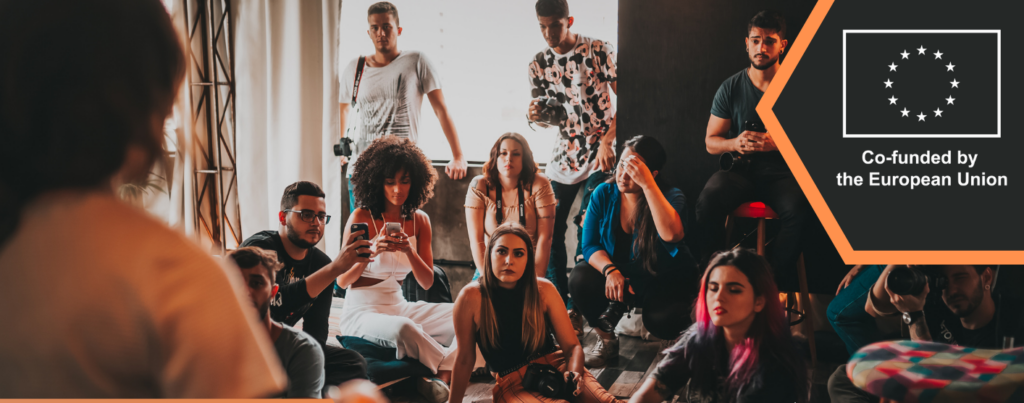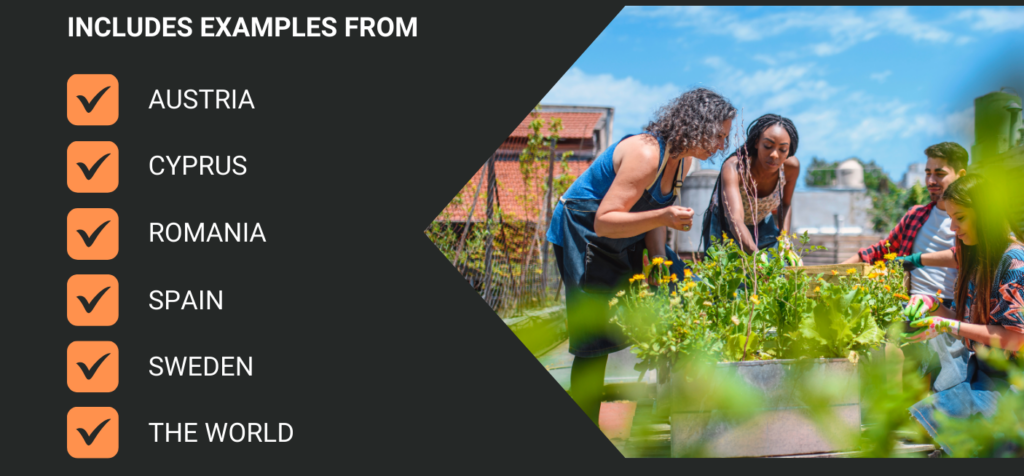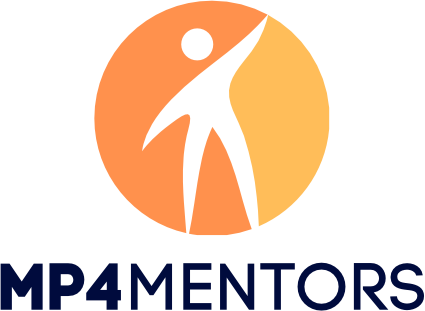
In order for an individual to engage in acts of kindness, they typically must be ready to do so. Even in scenarios as straightforward as participating in volunteer activities participants still require guidance on the entire process of planning and organising, in addition preparing themselves for volunteering. While basic instructions may suffice in certain situations, more comprehensive training programs are essential, particularly when dealing with vulnerable populations. This blog is about the best practices collected during the project life cycle as guidance for volunteer mentors and coordinators.
About the project
The MP4Mentors initiative, backed by the Erasmus+ program of the European Union, seeks to improve the abilities and mindset of volunteer mentors and coordinators across five partner nations: Sweden, Austria, Spain, Cyprus, and Romania.
The project created resources designed to assist coordinators and mentors of volunteers within various civil society entities such as organisations, associations, civic initiatives, collectives, and similar bodies that provide volunteer opportunities and oversee volunteering programs. These resources consist of a manual and an internet-based training course, focusing on essential aspects of volunteer management like program administration, assessment, advocacy, efficient financial management, and collaboration with businesses.
The collection of Best Practices
The examples provided exhibit significant diversity, extending beyond mere geographical variation. They not only demonstrate a variety of volunteering programs but also highlight various facets of planning and managing such initiatives. This diversity is characteristic of a field often perceived as straightforward: you participate in an initiative, contribute positively, and return home. However, individuals with extensive volunteering experience understand that it is far from being that straightforward.
The review of the best practices collected here highlight different aspects of these processes, with the following elements standing out:
Practices In support of disadvantaged communities
Practices In volunteering as an enriching experience for the volunteers
Practices In big mobilisations vs. long-term facilitated processes
Practices In volunteering in the digital world
Practices In systems of learning
Practices In mentoring as volunteering

In support of disadvantaged communities
Most of the practices recognized by the partners of MP4Mentors ultimately aim to benefit individuals in vulnerable circumstances and those experiencing systemic oppression.
Volunteering as an enriching experience for the volunteers
One of the initiatives highlighted here, “Mentoring across borders,” is particularly geared towards enhancing the employability of volunteers originating from disadvantaged communities. This project concentrates on acknowledging the informal learning gained through volunteering, a concept strongly advocated by the European Voluntary Service. Through mechanisms like YouthPass and other established tools, volunteers are empowered to reflect on their learning experiences and pursue formal recognition for them.
Big mobilisations vs. long-term facilitated processes
The majority of these initiatives provide a prolonged engagement for volunteers, which can lead to a more enduring effect on the community or issue they are addressing, as well as on the skills and capabilities of the volunteers themselves.
Volunteering in the digital world
At least two of the showcased initiatives incorporate digital aspects and both aim to tackle the digital divide, which refers to the unequal access to technology and information, leading to further disparities. This underscores the adaptability of volunteering to swiftly confront emerging challenges. Additionally, it’s worth noting that many other initiatives also leverage various digital tools for tasks such as volunteer recruitment, training, and support, particularly in educational contexts.
Systems of learning
This holds significant relevance for the MP4Mentors initiative, which will provide educational materials for volunteer mentors and coordinators, addressing identified needs within the sector. Overall, learning emerges as a crucial component across the majority of volunteering programs: from Austria to Sweden to Spain, volunteers engage in initiatives focused not just on providing assistance to those in need, but also on fostering skill development.
Mentoring as volunteering
Lastly, it’s important to acknowledge that while our attention is often directed towards mentors as individuals who collaborate with volunteers, mentoring itself can constitute a form of volunteering.
Overall, the range of practices showcased illustrates a vibrant field that is continually evolving in terms of both its subject matter and the tools utilised. Moreover, there is a heightened awareness of its impact on communities, volunteers, and society at large, indicating substantial growth.
To access the Full Report on Best practices with Examples click below.


